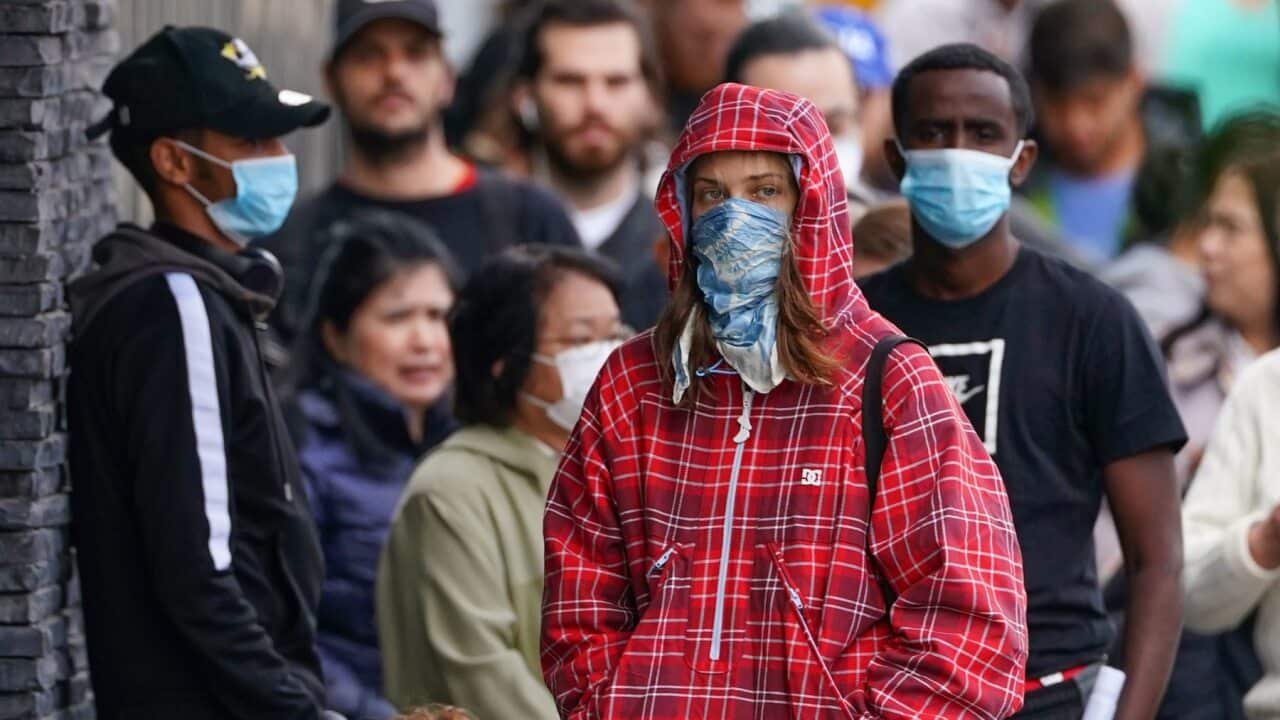Indigenous Australians will be significantly disadvantaged by the government's scheduled cuts to JobKeeper and JobSeeker payments according to new research, with around 650,000 more people expected to be pushed into poverty when the benefits are scaled back to pre-pandemic rates.
The federal government’s plan to reduce the coronavirus supplement on 25 September is being debated in parliament this week, as it is expected to decrease the incomes of up to 2.3 million unemployed people, single parents, and students across Australia.
The announcement comes after Australian National University research revealed one in 10 Australians would have fallen into poverty without the implementation of JobKeeper and increased Jobseeker payments.
The research highlighted that the number of Australians in poverty had decreased from 1.6 million to 1.1. million, with 67 per cent of households reliant on JobSeeker payments benefiting from an increased standard of living above the poverty line.
Before the COVID19 pandemic hit, Indigenous Australians were found to be between two and three times worse off than the broader populace, and 30 per cent of Indigenous households were in income poverty.
Chair of SNAICC and CEO of the Victorian Aboriginal Child Care Agency, Muriel Bamblett, said the impact of the JobKeeper and JobSeeker payments has been vastly positive, but the onset of COVID-19 highlighted the number of Aboriginal people who don’t actually believe they have a right to access welfare benefits.
“The special needs of Indigenous people need attention from the Commonwealth so that we can evaluate how we can get people out of the poverty cycle and into jobs,” Ms Bamblett told NITV News on Wednesday. The research paper estimates that the September cuts to the payment rates will cause the number of individuals in poverty to increase by 740,000 in comparison to the June policy. The data is compounded by the fact that Victoria’s 47,787 Indigenous residents (according to the 2019 census data) remain in stage 4 lockdown with the rest of the state.
The research paper estimates that the September cuts to the payment rates will cause the number of individuals in poverty to increase by 740,000 in comparison to the June policy. The data is compounded by the fact that Victoria’s 47,787 Indigenous residents (according to the 2019 census data) remain in stage 4 lockdown with the rest of the state.

Muriel Bamblett says government needs to be held to account, not just for welfare outcomes but for prosperity and creating jobs. Source: Supplied
Ms Bamblett said the government should look carefully at the Kinaway COVID-19 Impact report which revealed that 22 per cent of Victorian Aboriginal businesses ceased operating during the pandemic, with that number set to rise to 67 per cent in the wake of the economic fallout from coronavirus lockdowns.
“A lot of work needs to be done, it will require monitoring non-Indigenous organisations on what they’re doing to employ Aboriginal people. Mainstream needs to be held to account, not just for welfare outcomes but for prosperity and creating jobs” Ms Bamblett told NITV News.
Elsewhere, a representative from the National Aboriginal and Torres Strait Islander Legal Service said it was disappointed the government intended to scale back these critical payments during an ongoing pandemic.
"This is a step backward in alleviating the poverty many of our people experience, which traps them in the justice system," said the spokesperson.
Mission Australia CEO James Toomey said that the implementation of the Jobseeker, which doubled income support for people facing unemployment, had made a real difference to the lives of many Australians.
“We are incredibly disappointed the federal government hasn’t yet locked in a permanent floor to income support that keeps people out of poverty," Mr Toomey said in a written statement.
"We welcome the extension of support that will provide some certainty past September for people and businesses in these precarious times."
Mr Toomey said with the numbers of people who are unemployed predicted to continue to rise, there must be a commitment in the October budget for a permanent and adequate increase of income support payments.
“This will not only lift people out of poverty but also ensure they can regain control of their finances, access transport, and many other vital resources to look for work and be job-ready.”
Currently, singles without children receive $1,115 a fortnight on JobSeeker, but that is set to be slashed to $815 a fortnight later this month. JobSeeker payments are marginally higher for singles with dependents and slightly lower for couples who are both on JobSeeker.
All payments are scheduled to drop by a further $250 from January 1 when a coronavirus supplement is halted by the Commonwealth.
The JobKeeper wage subsidy is also set to be scaled down. The payment will continue until March next year but will fall from $1,500 to $1,200 a fortnight after September. People working fewer than 20 hours a week will receive $750.
960,000 employers, who pass the full JobKeeper payment onto 3.5 million workers, will be expected to prove their ongoing financial distress by confirming their losses are at least 30 percent on pre-pandemic levels each quarter, to remain eligible for the program after September.
Mr Toomey said the benefit should not be decreased to the $40-a-day level at the end of the year.
"This would return too many people to poverty and push many into homelessness. It will leave thousands in across Australia unable to meet their basic needs, even before COVID-19, 253 requests for homelessness assistance were unable to be met on any given day across our country,” he said.
More than 5 million Australians currently receive payments from the JobKeeper and JobSeeker programs.










